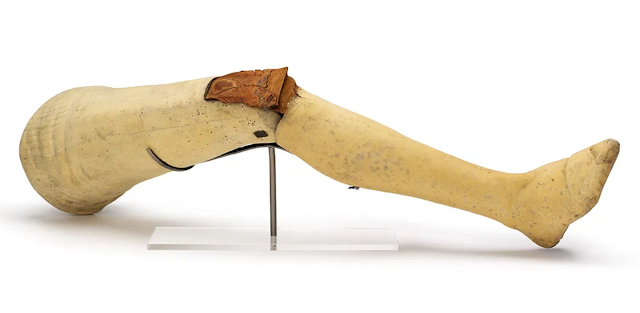JUDE'S MUSINGS: Rethinking University
This entry is intended as a summary of points I’ve been thinking about regarding the university system and the problems we are currently facing.
The Covid-19 (SARS Cov-2) Pandemic of 2019-20 has revealed the fault lines of academia in the UK. Talk of mass severance of academic jobs, pay cuts, mergers, and other measures has been rife. Is there a way to fix this system? I’ve been thinking about this for over a year now and I have a few thoughts which might help build a better system.
1) For the government to increase the research budget and education funding generally to where it should be. This would remove the need for tuition fees and remove the ‘business’ model which universities have been forced to follow. University Education in all subject areas is after all a public good which benefits both society and the economy as a whole.
2) Change university admissions. Cap student numbers – to reduce the pressure on academics to run large / multiple courses. Rather than using the A-level system, allow universities to set entrance exams with the following balances – 1) Any student may choose to submit a body of written work in lieu of taking the exam (to avoid being too in favour of those good at exams). 2) Any student getting between 55%-40% can be admitted to a foundation year. 3) Universities may take in a set percentage regardless of their exam score based on references and personal statements.
3) Create a separate but equal structure of high quality Technical Universities/Institutes – which focus on applied subjects. For example if a student wish to learn Chemistry they could study academic chemistry at a university or chemical engineering at TU/I. ENTRY STANDARDS WOULD BE THE SAME BETWEEN THE TWO – therefore this would not end up with the two-tier structure created by the old polytechnic system. This could be created in a number of ways – completely new foundations, new foundations by existing institutions, mergers etc. There could equally be a degree of exchange between such universities, and collaboration in research and teaching.
4) Abolish the tuition fee and student loan system and replace it with a standard grant system. This would abolish some of the injustices of the system which, for example, force students who have to resit a year through no fault of their own to have to go deeper into debt. Furthermore it would simplify the complexity around ‘financial independence’ faced by some students who cannot be declared ‘financially independent’ from their parents for various reasons and as such receive less support – when in some circumstances they may receive little or no support from family for whatever reason.
There has been a recent statement in the House of Lords by Lord Baker stated that 'we don't need more humanities students' and 'they can learn at home on virtual...' because they don't 'add to the economy'. This is both ill informed (especially given the number of humanities and arts graduates whose output is currently contributing to peoples lives during lockdown) but also misses the point of humanities in general, and the fact that numerous aspects of the humanities and arts cannot be taught easily online (ironic given Lord Baker read history Magdalen College, Oxford, where he graduated in 1958). It is almost without doubt that Lord Baker’s objection to the teaching of humanities does not extend to programmes at universities like Oxford or Cambridge. This kind of thinking only creates further barriers within education, and the damages potential future research. It also ignores the fact that particularly in terms of research and postgraduate study the line between the humanities and sciences is blurred. This is not a new concept given that numerous disciplines with in history for example are designated the ‘ancillary sciences of history’ – or that some subjects such as archaeology draw on both science and humanities elements (in the UK archaeology is thought of as a discipline in its own right whereas in the USA for example it is considered a sub-discipline of anthropology). Redressing the imbalance in research funding would prevent universities from being forced to rely on tuition fees and would equally address an issue often raised by some politicians that universities are allowing ‘infinite resits’ to students who fail. It would in effect return universities to being institutions of learning rather than running on a business model which has been said by many to be exploitative of its staff. (It is worth noting that some have pointed out that if the system were not exploitative then staff working to contract would not be seen as such a threat to the system). Many people have highlighted that the world we emerge after the pandemic, a hope which depends on finding a vaccine, will not be the same as that which existed before it, as close in time as we are to that point in history. This may provide an opportunity to address some of the major problems in university education and the knowledge economy.


